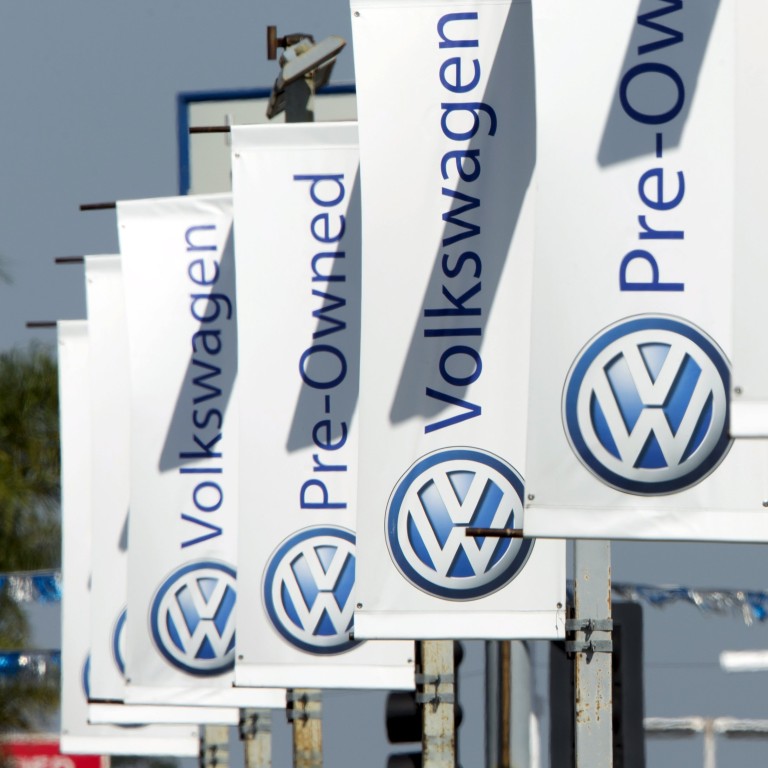
After Volkswagen cheating scandal, regulators must do more to make all carmakers come clean on emissions
Volkswagen chief executive Martin Winterkorn has stepped down to give the company a "fresh start" after an emissions scandal that has sent its share price into free fall and rocked the European car industry.
Volkswagen chief executive Martin Winterkorn has stepped down to give the company a "fresh start" after an emissions scandal that has sent its share price into free fall and rocked the European car industry. The question is whether the world's top-selling carmaker can restore confidence in the brand and dispel a cloud over its future. The damage wrought by VW's betrayal of consumers and the environmental values it espouses is incalculable.
Faked diesel emission tests may not be linked directly to deaths, unlike General Motors' defective ignition switch or Toyota's uncontrolled surges of acceleration. But they grossly under-reported emissions of nitrous oxide, or NOx, which causes respiratory illnesses and an increased death toll from heart and lung diseases. Tens of thousands of early deaths a year are attributed to exposure to pollutants like NOx and small particulate matter.
That is a reflection of the gravity of the scarcely credible deceit of American regulators who conducted pollution tests on cars VW advertised as "clean diesel". The company has admitted installing a software programme to switch engines to cleaner running mode during emissions testing and then switch back to normal "dirty" mode, restoring more power to the car. In normal running mode, the "eco-conscious" diesel emitted up to 40 times allowable pollution.
Regrettably, the emissions on/off software was an example of innovation gone off the rails in one of the most innovative industrial sectors. Industry lobbyists quote a study by Boston Consulting that ranked 14 carmakers among the world's 50 most innovative firms, citing climate-friendly development of high-powered motors, energy efficiency and new propulsion systems. This case raises the worrying question of whether other carmakers have been tempted into manipulating emissions data, given that they are all under competitive pressure to look environmentally squeaky clean. Regulators should resolve doubts by checking emissions compliance.

